Banking is not a speculative actor, but rather a stable creditor serving the real economy: families, small businesses, and large corporations rely on its financing to grow. Since its inception, the banking sector has been a key ally of public administrations in achieving high-impact social objectives such as the green transition, digitalization, anti-money laundering efforts, and asset freezes.
The normalization of interest rates has brought about a positive shift for society as a whole. It has enabled better capital allocation toward profitable investment projects, strengthened the solvency of the banking sector, increased its attractiveness to investors, and enhanced its ability to withstand external shocks. As a result, European banks are now better prepared than ever to navigate an increasingly uncertain international environment marked by trade barriers and the urgent need for reindustrialization.
In this new landscape, banking will play a decisive role in Europe’s industrial recovery, its progress toward greater strategic integration, and the modernization of its defense capabilities.
This transformation will require ambitious financing, leading to increased issuance of euro-denominated bonds, which will attract international capital and strengthen demand for our common currency.
At the same time, the digital euro project is gaining new momentum. The shift in the geopolitical landscape highlights the urgent need to reduce fragmentation in current digital payment systems and to consolidate a monetary infrastructure that enhances Europe’s strategic autonomy.
All these challenges and opportunities—including regulatory simplification, the promotion of European banking champions, the role of regional banks, the financing of common security, and geoeconomic expectations—will be analyzed at our upcoming forum, which will bring together the CEOs of Spain’s leading banks, along with senior representatives from governments, international financial institutions, academia, and industry experts.
Co-organizer:

Sponsor:

| 08:30-09:00 | Reception and registration of participants |
| 09:00-09:15 | Welcome
• Prof. Germán López Espinosa, Academic Director Banking Industry Meeting, IESE Business School |
| 09:15-09:50 | Geoeconomic Perspectives. Implications for Banking
• Prof. José Manuel González-Páramo, IESE Business School |
| 09:55-10:25 | The Necessary Banking of the Future: Growth, Profitability, Size, Innovation, and Digitalization
• Peio Belausteguigoitia, Country Manager Spain, BBVA Moderator: Juan Rivera, Senior Managing Director, FTI Consulting |
| 10:30-11:00 | Strategic Expansion and Commitment to Sustainability
• Juan Carlos Escotet, President, Abanca Moderator: Prof. Núria Mas, IESE Business School |
| 11:05-11:40 | Proximity banking as a driver of development: Its social impact on economic growth
• Francisco José Serrano, President, Ibercaja Moderator: Prof. Germán López Espinosa, IESE Business School |
| 11:45-12:15 | Coffee-Break |
| 12:20-12:50 | Digital Leadership and Sustainability
• Alfonso Tolcheff, CEO Spain and Portugal, ING Moderator: Sergio Alonso, Managing Director, FTI Consulting |
| 12:55-13:25 | The Financial Sector as a Driver of Europe’s Economic Growth
• Gonzalo Gortázar, CEO, CaixaBank Moderator: Ramón Baeza, Senior Managing Director, FTI Consulting |
| 13:30-14:30 | Lunch |
| 14:35-15:10 | The Digital Euro: Navigating Europe’s New Monetary Landscape
• Juan Ayuso, Director General of Operations, Markets and Payment Systems at the Bank of Spain, and Member of the High-Level Task Force on the Digital Euro of the European Central Bank Moderator: Prof. Núria Mas, IESE Business School |
| 15:15-16:00 | Decisions at the Edge: Real-Time Cyberattack Management Simulation
• Jaime Calvo Alfonsin, Director of the Legal Advisory Department for Litigation, Cybersecurity, Financial Crime Compliance, Security and Intelligence, and Legal Risk, Santander Moderator: Ollie Gower, Senior Managing Director, FTI Consulting |
| 16:05-16:35 | The global-scale digital model
• Petri Nikkilä, CEO, Openbank |
| 16:45-17:10 | Coffee-Break |
| 17:15-18:00 | The Value of Infrastructure Financing
• Ignacio Castejón, Chief Financial Officer, Aena Moderator: María Sánchez-Palomo, Senior Managing Director, FTI Consulting |
| 18:00-18:30 | Strategic Corporate Operations in Banking
• Olaf Díaz-Pintado, CEO Spain and Portugal, Goldman Sachs Moderator: Prof. Germán López Espinosa, IESE Business School |
| 18:35-19:10 | Defense Industry and Banking: Key Challenges and Opportunities
• Diego de Ojeda, Head of Unit for Defence and Preparedness at the Secretariat General, European Commission Moderator: Prof. Christian Eufinger, IESE Business School |
| 19:10-19:35 | A Fireside Chat with Vítor Constâncio: European Competitiveness
• Vítor Constâncio, former Vice President, ECB Moderator: Prof. Mireia Giné, IESE Business School |
| 19:40 | Spanish wine |
| 08:30-09:00 | Reception of participants |
| 09:00-09:10 | Welcome
• Prof. Germán López Espinosa, Academic Director Banking Industry Meeting, IESE Business School |
| 09:15-09:45 | The Financing of Growth and Competitiveness in the European Union
• José Manuel Campa, Chairperson, European Banking Authority Moderator: Prof. Jordi Gual, IESE Business School |
| 09:50-10:25 | Digital Transformation and Omnichannel Strategies
• José Antonio Álvarez, Vice Chair and Board Member, Santander Group Moderator: Prof. Gaizka Ormazabal, IESE Business School |
| 10:30-11:00 | Coffee-Break |
| 11:00-11:30 | Growth Strategies in Digital Banking
• Alberto Calles, President, MyInvestor Moderator: Prof. Mireia Giné, IESE Business School |
| 11:30-12:00 | The Sustainable Growth
• Gloria Ortiz, CEO, Bankinter Moderator: Prof. Miguel Duro, IESE Business School |
| 12:05-12:40 | Management of Uncertainty
• Francisco Catena, CRO, Santander Spain Moderator: Miguel Ángel Díez, Debt Advisory Lead, FTI Consulting Spain |
| 12:45-13:15 | Future Strategies and Challenges
• César González-Bueno, CEO, Sabadell Moderator: Prof. Miguel Duro, IESE Business School |
| 13:15 | Closing |
Note: In case of international speakers, we provide simultaneous translation during the event.
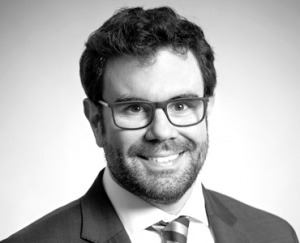
Moderator
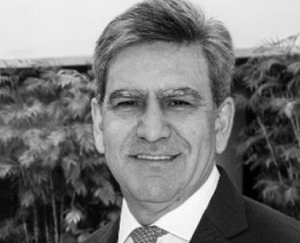
Speaker
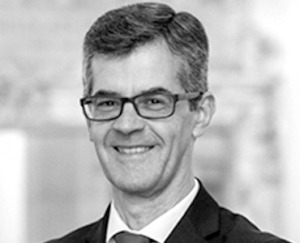
Speaker
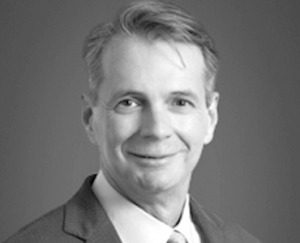
Moderator
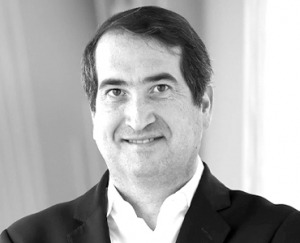
Speaker
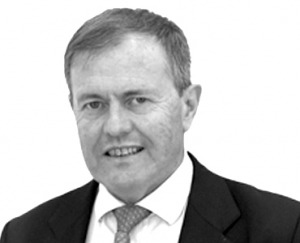
Speaker
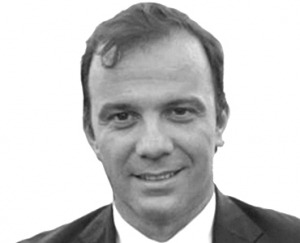
Speaker
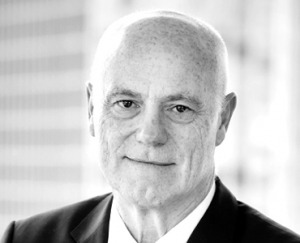
Speaker
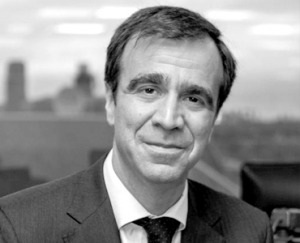
Speaker
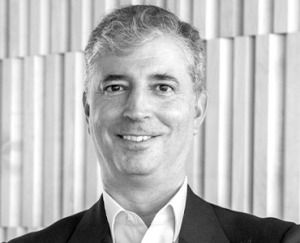
Speaker
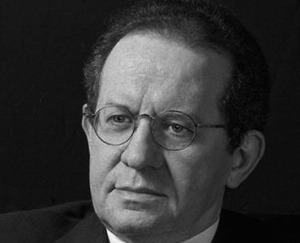
Speaker
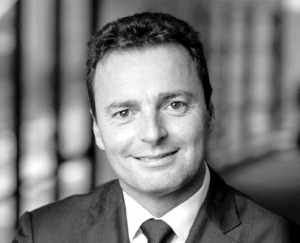
Speaker
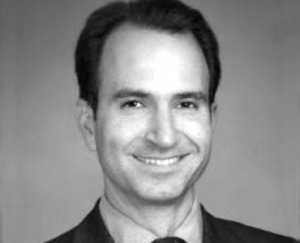
Speaker
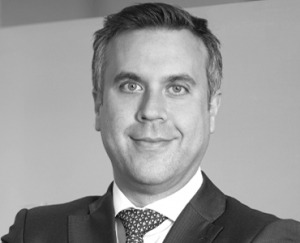
Moderator

Speaker
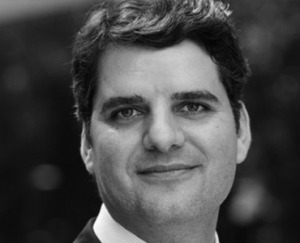
Moderator
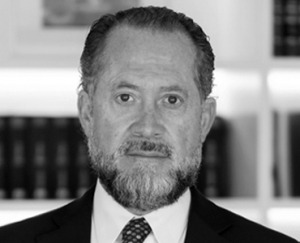
Speaker
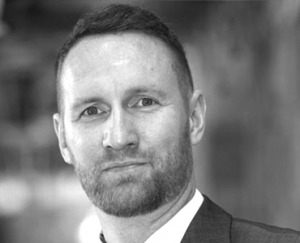
Moderator
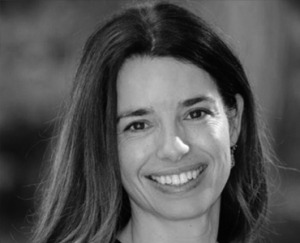
Moderator
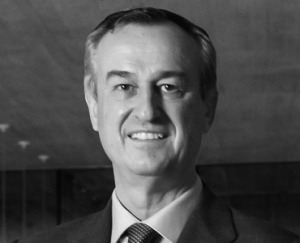
Speaker
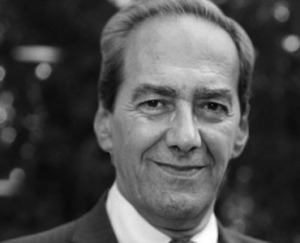
Moderator
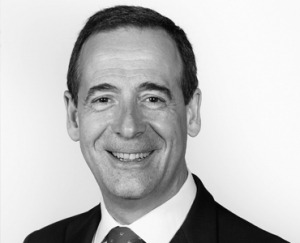
Speaker
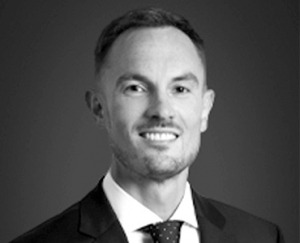
Moderator
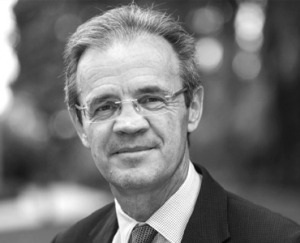
Moderator
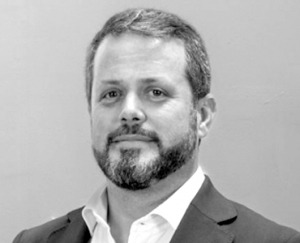
Speaker
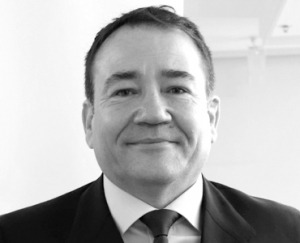
Speaker
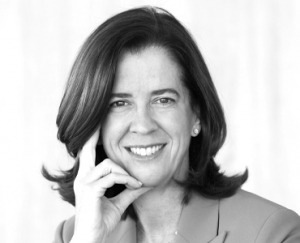
Speaker
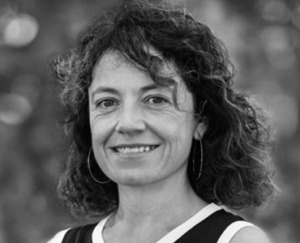
Moderator
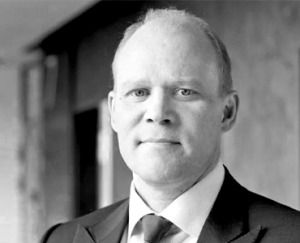
Ponente
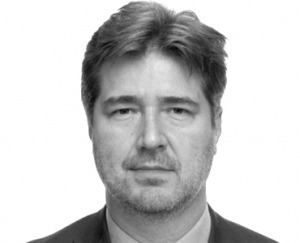
Ponente
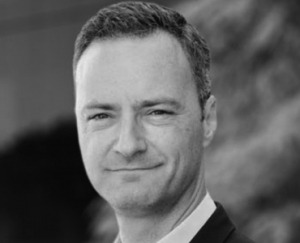
Moderator
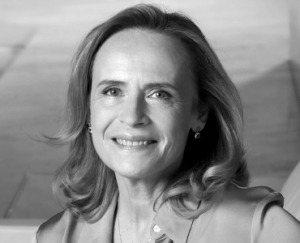
Speaker

Speaker
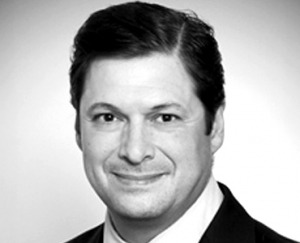
Moderator
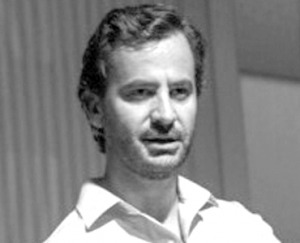
Speaker
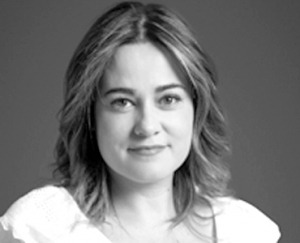
Moderator
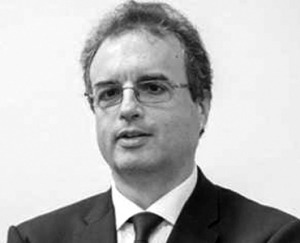
Speaker
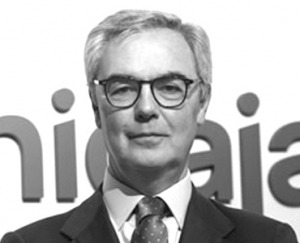
Speaker
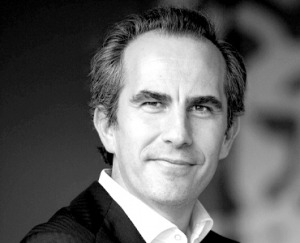
Speaker
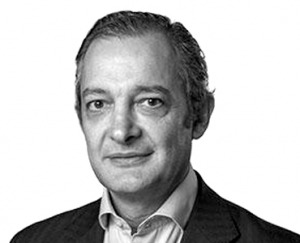
Speaker
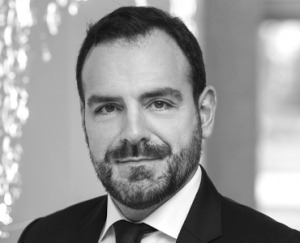
Speaker
The 20 IESE Banking Meeting will be held on IESE’s new campus in Madrid
The fees for this meeting:
On Campus: € 1,200
Online: € 400
On Campus: € 1,000
Online: € 400
On Campus: € 840
Online: Free
PAYMENT MUST BE MADE PRIOR TO PROGRAM ATTENDANCE
We know that knowledge and networking are key to open new doors.
This meeting is a unique opportunity to share ideas, connect with industry leaders
and explore trends that are transforming the world of Healthcare
DON’T BE LEFT OUT
If this is your case, write to Claudia Escobar (cescobar@iese.edu) and tell us about your case

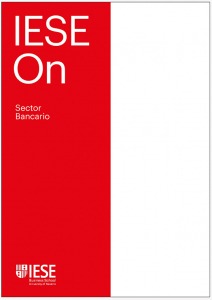
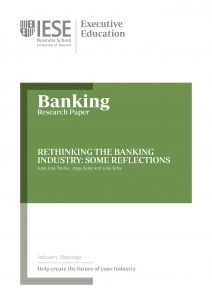
2024 · Surfing the Wave of Uncertainty
2023 · Navigating the wave of inflation
2022 · Banking: driving bold transformation
2021 · Banking: helping to boost the economy
2019 · Banking in the 2020s: Managing Growth in a Mature Industry
2018 · Reinvent Banking or Improve Bank Management?
2017 · Competitive Banking in a New Society
2016 · Banking in the future
2015 · Banking in Today’s Competitive Environment
2014 · Bank’s Role in Recovery
2013 · Banking: Beyond the Crisis
2012 · Banking: Opportunities after the Crisis
2011 · Designing the New Banking Sector
2010 · Building the Future
2008 · The Global Opportunity
2006 · Innovation and Strategies for the Growth of the Banking Sector in Europe
2004 · (September) Banking in Europe: Building the Future
2004 · (April) Technology and Geographic Space: Strategic Keys for the Banking System
With a new U.S. administration and a new chancellor in Berlin, shifting trade policies and geopolitical tensions require automakers and other players in mobility to reassess their production, after-sales, and recycling strategies. Meanwhile, digital transformation and electrification are redefining the skills required, intensifying the war for talent. These shifts converge with a growing demand for efficient urban logistics, where regulatory challenges, electrification, and automation are rewriting the rules of engagement. As geopolitical uncertainty collides with technological evolution, leaders in automotive and mobility at large must navigate complexity and turn disruption into opportunity.
At this year’s 39th edition of our annual meeting, we will discuss these questions while also addressing the “classic” questions about the globally changing mobility landscape. In doing so, we continue our tradition of providing a platform for senior executives, industry experts and leading academics to exchange ideas about the future of mobility and actively engage in workshops and a closing network event.
39 IESE Mobility
DISCOVER EVERYTHING YOU MISSED!
Did you miss it? Now you can relive it!
The 39 IESE Mobility was a complete success, with the participation of more than 130 people
and the contribution of the most professional speakers in the sector, whose contributions
have not left us indifferent at all.
Couldn’t attend?
No worries! For the first time, we are giving you the chance to
get full access to the event recordings. You’ll be able to:
Special Offer: For a limited time, enjoy a 50% discount when purchasing full access.
Don’t miss this opportunity to catch up and experience the event as if you were there.
Use the promo code LO QUIERO.
Don’t miss out on the conversation!
TO PURCHASE AND ACCESS THE FULL CONTENT!
| 09:30-09:45 | Welcome
• Prof. Marc Sachon, Chairman of IESE Mobility, IESE Business School |
| 09:45-10:15 | Introduction & Setting • Prof. Marc Sachon, IESE Business School |
| 10:15-11:30 | Panel 1: Transformation of sales, after sales and circularity
• Fernando Pardillo Antón, Global Head of Enviroment, Astara Chair: Cecilia Dall’ Acqua, Partner, Deloitte |
| 11:30-12:00 | Coffee – Break |
| 12:00-13:15 | Panel 2: “Trumped” – Global Economic Outlook
• Prof. Jordi Gual, IESE Business School Chair: Marc Sachon, IESE Business School |
| 13:15-15:00 | Lunch |
| 15:00-16:15 | Panel 3: Urban Mobility
• Sandra Wolf, CEO, Riese&Mueller Chair: Prof. Marc Sachon, IESE Business School |
| 16:15-17:30 | Panel 4: Modern Factories and Business Models
• Jose Arreche, Director Fabrica Martorell, SEAT S.A. Chair: Vicente Segura, Automotive Responsible Partner, Deloitte |
| 17:30-18:00 | Coffee – Break & Workshop Preparation |
| 18:00-18:45 | Workshop
The topics to be discussed are: TOPIC 1: After Sales & Recycling TOPIC 2: “Trumped” TOPIC 3: Urban Mobility TOPIC 4: Modern Factories Chair: IESE Business School y Deloitte |
| 18:45-19:05 | Workshop Debriefing & CLOSING IESE Mobility 39
• Prof. Marc Sachon, Chairman of IESE Mobility, IESE Business School |
| 19:05-20:15 | Networking & Drinks |
Note: In case of international speakers, we provide simultaneous translation during the event.
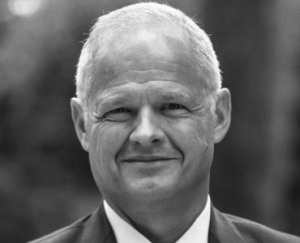
Chairman of IESE Mobility
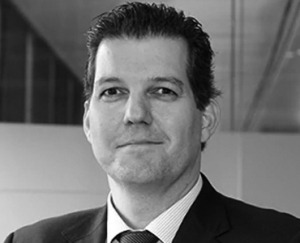
Co-organizer of the meeting
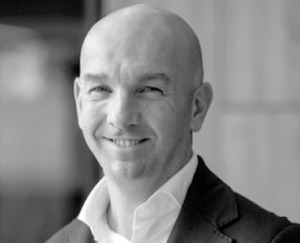
Speaker
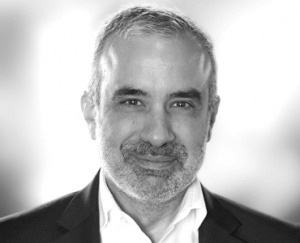
Speaker
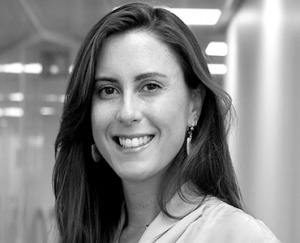
Chair
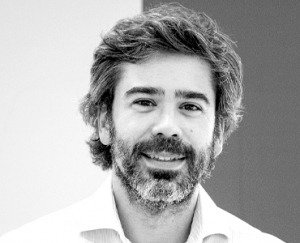
Speaker
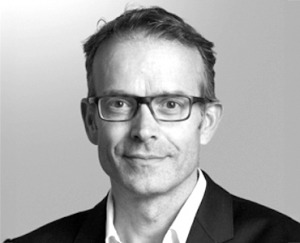
Speaker

Speaker
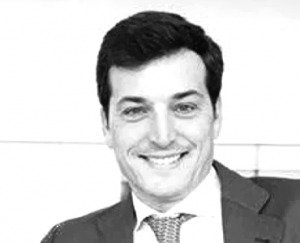
Speaker
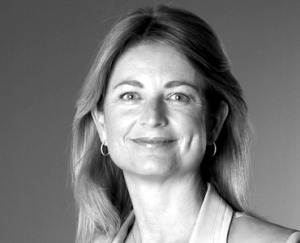
Speaker
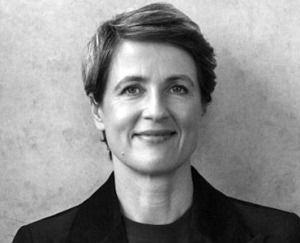
Speaker
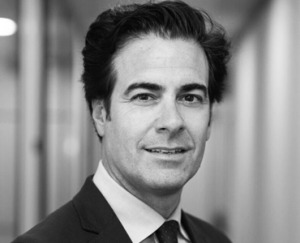
Speaker
The 39 IESE Mobility Meeting will be held on IESE Barcelona
The fees for this meeting:
On Campus: € 1,000
Online: € 400
On Campus: € 1,000
Online: € 400
On Campus: € 900
Online: € 400
PAYMENT MUST BE MADE PRIOR TO PROGRAM ATTENDANCE
We know that knowledge and networking are key to open new doors.
This meeting is a unique opportunity to share ideas, connect with industry leaders
and explore trends that are transforming the world of Mobility
DON’T BE LEFT OUT
If this is your case, write to Claudia Escobar (cescobar@iese.edu) and tell us about your case
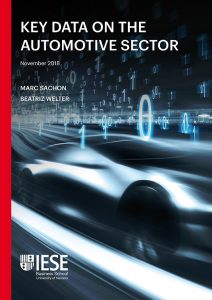
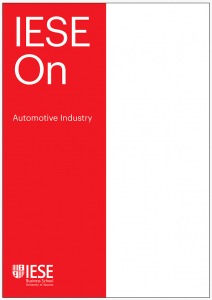
2024 · Mobility in 2035
2023 · Continuously discontinuous?
2022 · Genesis
2021 · A new world · Session May 5-6, 2020
2020 · A new world · Session November 3, 2020
2019 · Diversity: Technology, Ecosystems & People
2018 · Back to the future
2017 · The age of turbulence
2016 · The Battle of Automotive
2015 · The Next 30 Years
2014 · Why Automobile
2013 · Two worlds, two speeds?
2012 · Tectonic Shifts
2011 · Megatrends in the Automotive Industry
2010 · Reinventing the Industry
2009 · The Automotive Industry in 2020
2008 · The Automotive Industry in the 2010’s: The Critical Decade?
2007 · Managing Global Uncertainty
2006 · Sustainability of the Automotive Industry in Europe
2005 · Competition and Cooperation
2004 · Back to Basics
2003 · Looking to the Future with Imagination
2002 · Competing Out of Confusion
2001 · Tightening the Screws
2000 · Consequences of Consolidation
1999 · Gods, Tombs, Brands and Experts
1998 · Another Call for Attention
1997 · Entering the 21st Century: The New Trends
1996 · East and West, the Challenge for Europe
1995 · Balance, Present and Future
1994 · How to Face the Recovery?
1993 · Where are we Going?
1992 · The End/Beginning of the Countdown
1991 · Building Up from the Crisis
1990 · Learning Organizations, Change and Innovation. Routines of the 90’s
1989 · A Call for Attention
1988 · Towards 1992: Single Market Consolidation
1987 · The Value-Added Chain in the Automotive Sector
1986 · The Future of the Automotive Sector
April 8, 2025
A series of top-level conversations on the economic, technical and scientific conditions anticipated in the future of the energy industry.
Energy Prospectives will bring together world figures recognized for their experience, vision and knowledge of the energy industry so they can share their expertise with business owners, regulators, senior managers and academics.
Don’t miss the video with the most relevant contributions and reflections from the previous edition. See video
| 09:30 am | Opening
Francisco Reynés, Chairman of Naturgy |
| 09:45 am | Energy Security and Energy Transition in an Evolving Geopolitical Landscape
Fatih Birol, Executive Director of the International Energy Agency (IEA) As the Executive Director of the International Energy Agency, Dr. Fatih Birol has moved the Agency to the forefront of global efforts to ensure secure, affordable and sustainable energy systems. He has broadened the IEA’s energy security focus beyond oil to also cover electricity, natural gas, renewables and critical minerals; made the IEA the global hub for energy efficiency and advanced energy technologies; and “opened the doors” of the IEA to major emerging economies. Dr. Birol has been named in the TIME100, TIME’s annual list of the world’s most influential people, and by Forbes as one of the most influential people in the world of energy. He chairs the World Economic Forum’s (Davos) Energy Advisory Board. |
| 10:30 am | Colloquium
Moderated by Jordi Gual, Professor of Economics at IESE Business School |
| 11:00 am | Closing |
| 11:15 am | Networking coffee |
Simultaneous translation in English and Spanish in all sessions
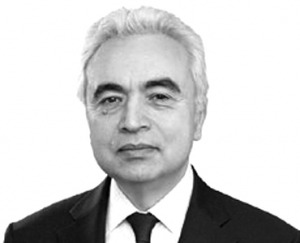
Dr. Fatih Birol As the Executive Director of the International Energy Agency, Dr. Fatih Birol has moved the Agency to the forefront of global efforts to ensure secure, affordable and sustainable energy systems. He has broadened the IEA’s energy security focus beyond oil to also cover electricity, natural gas, renewables and critical minerals; made the IEA the global hub for energy efficiency and advanced energy technologies; and “opened the doors” of the IEA to major emerging economies. Dr. Birol has been named in the TIME100, TIME’s annual list of the world’s most influential people, and by Forbes as one of the most influential people in the world of energy. He chairs the World Economic Forum’s (Davos) Energy Advisory Board.
Executive Director of the International Energy Agency (IEA)
On Campus – IESE Madrid
Claudia Escobar
cescobar@iese.edu
IESE Industry Meetings
tel: +34 93 253 43 36
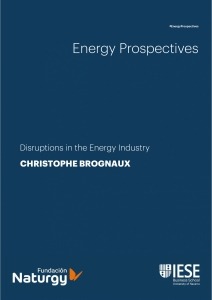
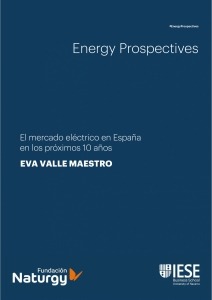
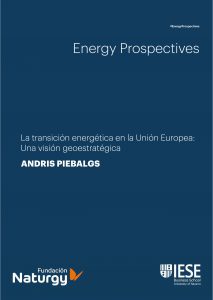
ANDRIS PIEBALGS
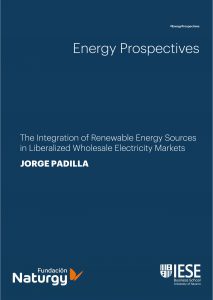
JORGE PADILLA
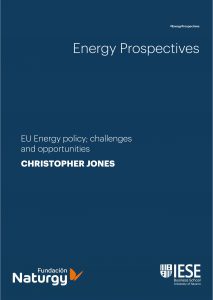
CHRISTOPHER JONES
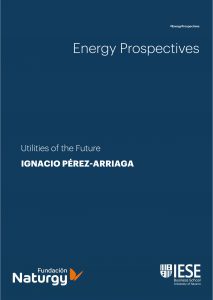
IGNACIO PÉREZ-ARRIAGA
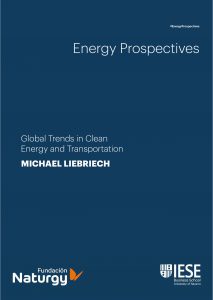
MICHAEL LIEBRIECH
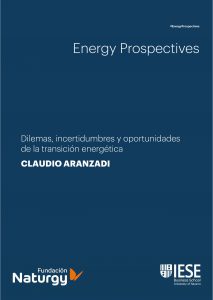
CLAUDIO ARANZADI
November 27, 2024 · Energy Prospectives – EP#17
June 19, 2024 · Energy Prospectives – EP#16
April 4, 2024 · Energy Prospectives – EP#15
October 10, 2023 · Energy Prospectives – EP#14
July 5, 2023 · Energy Prospectives – EP#13
April 12, 2023 · Energy Prospectives – EP#12
November 4, 2022 · Energy Prospectives – EP#11
June 16, 2022 · Energy Prospectives – EP#10
March 17, 2022 · Energy Prospectives – EP#9
October 26, 2021 · Energy Prospectives – EP#8
June 9 de 2021 · Energy Prospectives – EP#7
March 16, 2020 · Energy Prospectives – EP#6
November 25, 2020 · Energy Prospectives – EP#5
July 14, 2020 · Energy Prospectives – EP#4
October 15, 2019 · Energy Prospectives – EP#3
June 20, 2019 · Energy Prospectives – EP#2
March 14, 2019 · Energy Prospectives – EP#1
The IESE Food & Beverage Meeting, the industry’s major meeting point, is back with an edition inspired by the slogan “Field of Dreams: From Farm and Sea to Consumer.” The program is for everyone who wants to anticipate challenges and lead with vision. At the meeting, we’ll discuss geopolitical, economic and regulatory challenges in an ever-changing world. We’ll dive deep into reinventing the primary sector and understanding that sustainability starts at the source.
We’ll reflect on the future of food, agriculture and the role of innovation and artificial intelligence. We’ll also explore how leadership is focused by learning to communicate better in business and social media. We’ll hear success stories in terms of diversification, global expansion and strategic alliances that make a difference. And we’ll address the challenge of the changing talent landscape and the future of work. This must-attend meeting is for sharing, inspiration, debate and transformation. The future of food begins here.
Co-organizer:

Collaborating companies:


28 IESE Food & Beverage
DISCOVER EVERYTHING YOU MISSED!
Did you miss it? Now you can relive it!
The 28 IESE Food & Beverage was a complete success, with the participation of more than 402 people
and the contribution of the most professional speakers in the sector, whose contributions
have not left us indifferent at all.
Couldn’t attend?
No worries! For the first time, we are giving you the chance to
get full access to the event recordings. You’ll be able to:
Special Offer: For a limited time, enjoy a 50% discount when purchasing full access.
Don’t miss this opportunity to catch up and experience the event as if you were there.
Use the promo code LO QUIERO.
Don’t miss out on the conversation!
TO PURCHASE AND ACCESS THE FULL CONTENT!
| 09:30-09:45 | Opening
• Prof. Miquel Lladó, Academic Director of the Meeting, IESE Business School |
| 09:45-10:30 | Geopolitics and Economics in a Changing World
Where is global trade heading and what are the implications for the food industry? The future of global trade is being shaped by increasing geopolitical fragmentation that is redefining the rules of the game: friend-shoring, regional blocs, tariffs, and agreements like Mercosur are transforming supply chains and posing new challenges to ensure food sovereignty. In this polarized landscape, it is crucial to analyze how global changes are impacting the food sector and what local decisions are needed to adapt to this new era. • Ana Aguilar, Chief Economist, Deloitte Moderator: Prof. Miquel Lladó, IESE Business School |
| 10:30-11:15 | Challenges of the Spanish Food Industry
Is the industry prepared to meet ambitious targets in record time? In 2023, Spain recycled only 41.3% of single-use plastic bottles—well below the 70% required by law. This shortfall makes it necessary to implement a deposit return system (DRS) before November 2026. Similar to traditional glass bottle return schemes, this system will cover plastic bottles, cans, and cartons, aiming to improve packaging recovery through financial incentives. The implementation faces challenges such as resistance from certain industries and the need for proper infrastructure. However, the DRS is expected to significantly boost recycling rates and encourage greater environmental responsibility among both consumers and businesses. • Jose Miguel Herrero, Director General of Food, Ministry of Agriculture, Fisheries and Food Moderator: Enrique Domínguez, Partner, Deloitte |
| 11:15-11:45 | Coffee-Break |
| 11:45-12:30 | Driving Growth Through Innovation, Diversification, Global Expansion and Strategic Partnerships
To drive business growth, five key areas stand out: innovation, which is essential to maintain competitiveness through new technologies and products; diversification, which helps mitigate risks and tap into new markets; global expansion, which provides access to new customers and economies of scale; strategic partnerships, which facilitate access to shared resources and knowledge; and sustainability, which not only responds to social demands but also opens up new business opportunities. Integrating these strategies with a coherent vision is essential to achieving sustained and competitive growth. • Mar Doñate, Vice President of Transformation, Bimbo EMEA and GM of the North Africa Region, Grupo Bimbo Moderator: Manuel Barberá, Managing Director, Head of F&B, Corporate and Investment Banking, CaixaBank |
| 12:30-13:15 | The Talent Equation in the Future of Work
The roundtable will address the challenges of attracting and retaining talent in companies located outside major cities, highlighting innovative solutions such as remote work, which helps overcome geographical barriers and provides access to a broader workforce. Strategies to create attractive work environments will be explored, including the implementation of digital tools that support collaboration and professional development, as well as the promotion of a corporate culture that values well-being and flexibility. Additionally, initiatives that combine practical training and career guidance to improve employability in less urbanized regions will be discussed. • Gonzalo Iturmendi, GLOBAL Director PEOPLE Centers of Excellence, Cosentino Moderator: Rocio Abella, Partner, Deloitte |
| 13:15-14:00 | A Focus on Leaders: Improving Personalized Communication
Beyond the Product: Communicating with Humanity in a Message-Saturated World In an environment where attention is the most scarce resource, true differentiation lies not only in what we sell, but in how we tell the story. This panel will explore how brands in the Food & Beverage sector can build more authentic, emotional, and lasting relationships with their customers through communication that is more personalized, transparent, and human. We will discuss leadership, empathy, and strategic storytelling—key elements to truly connect at every touchpoint. • Paula Babiano, Founder and CEO, Balbisiana Moderator: Managing Director Spain & Portugal, Bühler Group |
| 14:00-15:30 | Lunch |
| 15:30-16:55 | Reinventing the Primary Sector: Sustainability Starts at the Beginning
15:30-15:45 Global Vision, Local Action: Rethinking the Food System from the Ground Up • Randy Jagt, Partner, Future of Food Leader for Deloitte Global 15:45-16:55 This panel focuses on how the primary sector can reinvent itself to face the major challenges of today and tomorrow. From adopting new technologies to developing governance models that attract young talent, we will explore how to make agricultural work a modern, strategic, and purpose-driven choice. We’ll bring together case studies and perspectives that show how innovation, sustainability, and leadership can come together to revitalize agriculture and secure its key role in the transition of the food system. • Rocio Hervella, CEO & Founder, Productos Solubles PROSOL Moderator: Prof. Miquel Lladó, IESE Business School |
| 16:55-17:45 | AI in Action: Practical Solutions
The roundtable will delve into the practical application of artificial intelligence (AI) in the food industry, presenting real cases of successful implementation. It will explore how AI optimizes operations, enhances decision-making, and boosts sustainability in food production and distribution. Additionally, the discussion will analyze AI’s impact on creating value for both companies and consumers, highlighting concrete examples of its integration within the sector. • Luis González Gugel, Partner, Deloitte |
| 17:45-18:00 | Wrap-up and Closing
• Enrique Domínguez, Partner responsible for the Consumer Goods and Distribution sector, Deloitte Spain |
| 18:00 | Networking Drinks |
Note: In case of international speakers, we provide simultaneous translation during the event.
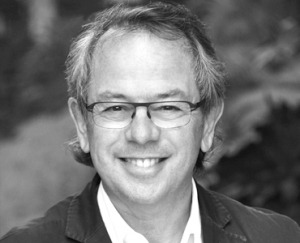
Academic Director of the Meeting
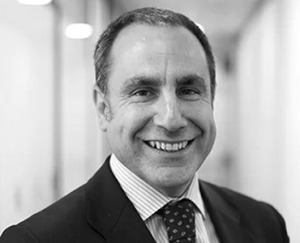
Meeting Co-organizer
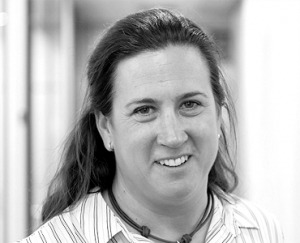
Moderator
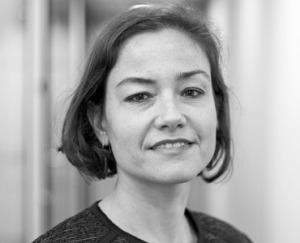
Speaker
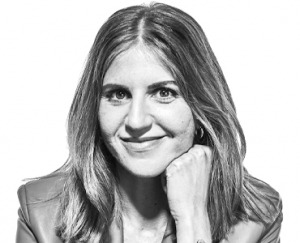
Speaker
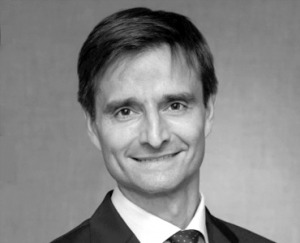
Moderator
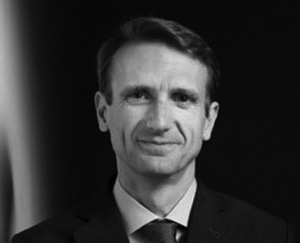
Moderator

Speaker
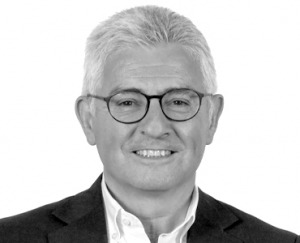
Speaker
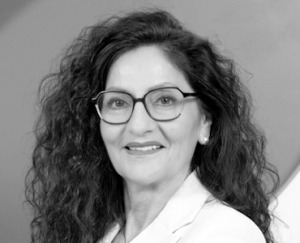
Speaker
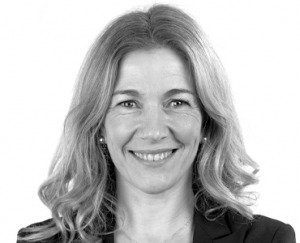
Speaker
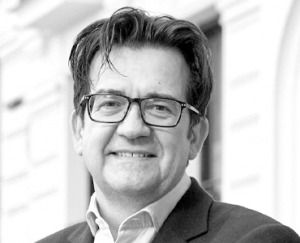
Speaker
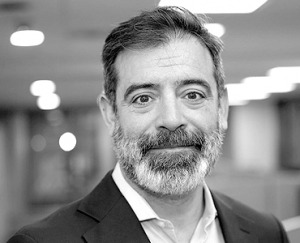
Speaker

Speaker
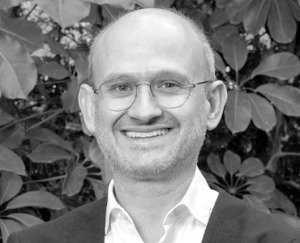
Speaker
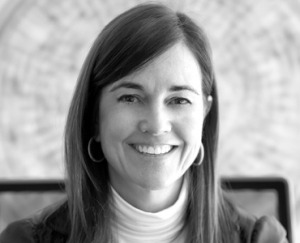
Speaker
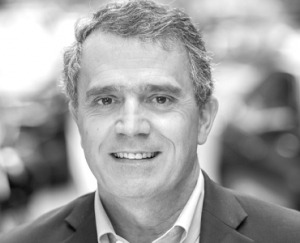
Speaker
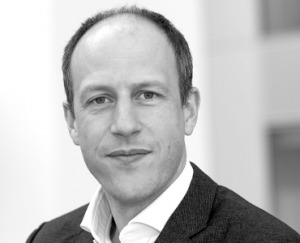
Speaker
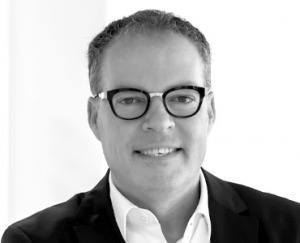
Speaker
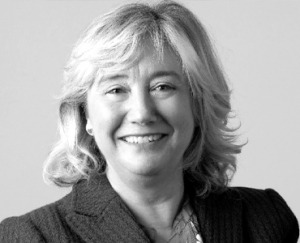
Speaker
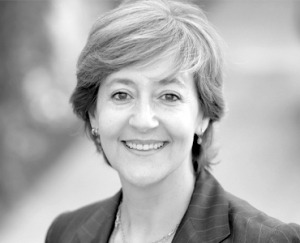
Speaker
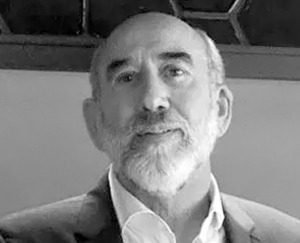
Speaker
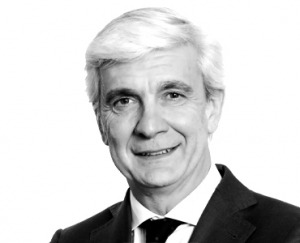
Speaker
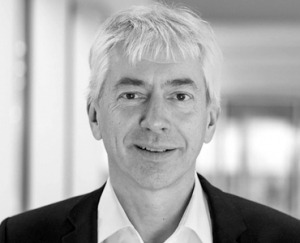
Speaker
The 28 IESE Food & Beverage Meeting will be held on IESE Barcelona
The fees for this meeting:
On Campus: € 1,000
On Campus: € 900
On Campus: € 700
PAYMENT MUST BE MADE PRIOR TO PROGRAM ATTENDANCE
We know that knowledge and networking are key to open new doors.
This meeting is a unique opportunity to share ideas, connect with industry leaders
and explore trends that are transforming the world of Healthcare
DON’T BE LEFT OUT
If this is your case, write to Claudia Escobar (cescobar@iese.edu) and tell us about your case
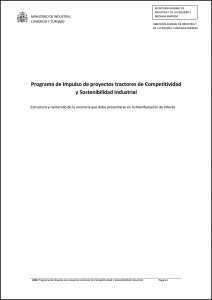
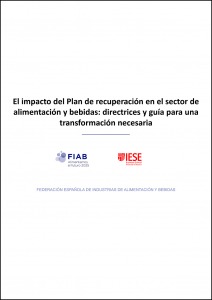
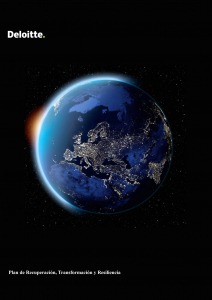

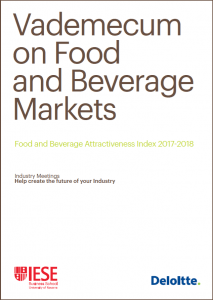
2024 · In search of value creation: Innovate. Elevate. Inspire
2023 · The new paradox: finding certainty in an uncertain business environment
2022 · The future of the sector. Towards new balances
2021 · Post-COVID strategy and perspectives · Session June 1, 2021
2021 · Post-COVID strategy and perspectives · Session April 14, 2021
2020 · Post-COVID strategy and perspectives · Session March 8, 2021
2019 · Feeding the Future
2018 · State of Play and Future Scenarios
2017 · Sustainable Growth Strategies: Challenges and Opportunities
2016 · A Global, Creative Look at Growth, New Markets and Change
2015 · The Road to 2025 and Beyond
2014 · The Four I-Engines of the Industry
2013 · Selling Across Continents
2012 · Growth in the recession. Examples for industry and retail
2011 · In search of added value: how to get consumers, margins and competitiveness back
2010 · Food wars: counterattack brands. Rebuilding the industry’s future
Artificial Intelligence (AI) is revolutionizing the healthcare industry by enabling more precise diagnostics, personalized treatment plans, and enhancing operational efficiency. AI-powered tools are transforming the way healthcare professionals approach patient care, utilizing machine learning algorithms to analyze vast amounts of data quickly and accurately. From early detection of diseases through medical imaging to predicting patient outcomes with predictive analytics, AI is reshaping how care is delivered, ultimately improving both quality and accessibility. The integration of AI into healthcare systems is not just a technological advancement but a fundamental shift in the way we understand and approach medicine.
One of the most significant contributions of AI in healthcare is its potential to help build an ecosystem of value-based care. Moving away from a volume-based model, where care is measured by the number of procedures performed, value-based healthcare focuses on patient outcomes and long-term health improvements. AI can drive this shift by providing actionable insights from data, improving decision-making, and optimizing patient management. By enabling personalized care and identifying high-risk patients early, AI can help healthcare systems move towards preventive measures and more effective interventions, reducing costs and improving patient satisfaction.
Prevention is another key area where AI can create substantial impact. With an aging population and the growing burden of chronic diseases, prevention is more important than ever. AI technologies, such as wearable devices and remote monitoring systems, can continuously gather health data, enabling real-time monitoring and early interventions. This shift from reactive to proactive healthcare empowers patients to take control of their health and enables healthcare providers to intervene before conditions worsen. AI’s ability to predict health risks, track lifestyle behaviors, and provide tailored advice has the potential to significantly reduce the prevalence of preventable diseases, creating a healthier society overall.
Under the lemma “AI in healthcare” IESE Healthcare will reflect on the imminent challenges, innovations and unparalleled opportunities that will shape the future of healthcare. We aim to explore key questions about the future of care, the impact on healthcare professionals, technology´s role, disruptive technologies in the horizon and the delicate balance between the data revolution and privacy protection. It will also bring together top experts from the sector to think about how the different agents in healthcare can work together to continue building a healthier society while leveraging the enormous potential of AI.
Co-organizer:

Collaborator:

31 IESE Healthcare
DISCOVER EVERYTHING YOU MISSED!
Did you miss it? Now you can relive it!
The 31 IESE Healthcare was a complete success, with the participation of more than 400 people
and the contribution of the most professional speakers in the sector, whose contributions
have not left us indifferent at all.
Couldn’t attend?
No worries! For the first time, we are giving you the chance to
get full access to the event recordings. You’ll be able to:
Special Offer: For a limited time, enjoy a 50% discount when purchasing full access.
Don’t miss this opportunity to catch up and experience the event as if you were there.
Use the promo code LO QUIERO.
Don’t miss out on the conversation!
TO PURCHASE AND ACCESS THE FULL CONTENT!
| 09:00-09:30 | Opening
• Pablo Crespo, Secretary General, Fenin |
| 09:30-10:00 | Geoeconomic Outlook. Implications for healthcare in the next decade
• Prof. Núria Mas, IESE Business School |
| 10:00-10:30 | Conversation with Joaquin Duato
With Joaquin Duato, CEO of Johnson & Johnson, we will talk about how AI is transforming the pharmaceutical industry—from accelerating drug discovery and development to optimizing patient care and operational efficiency. Beyond technology, we will explore what it takes to lead in an era of rapid change, navigating scientific breakthroughs, regulatory shifts, and evolving patient needs and we will reflect about why the next decade will be key for health innovation. • Joaquin Duato, Chairman and CEO, Johnson & Johnson Moderator: Prof. Núria Mas, IESE Business School |
| 10:30-11:30 | AI and Data: Pioneering the Next Frontier in Healthcare
As AI and data-driven technologies continue to transform healthcare, organizations must navigate the opportunities and challenges of digital innovation. How can AI-driven platforms enable secure and efficient health data sharing? How are hospitals integrating AI to improve patient outcomes and streamline operations? And how are medical devices evolving to enhance diagnosis, treatment, and patient monitoring? • Ronni Gamzu, Director, Tel Aviv Sourasky Medical Center Moderator: Rocio Arrese, Deloitte |
| 11:30-12:00 | Coffee Break |
| 12:00-13:00 | Turning Data into Impactful Decisions
In an era of exponential data growth, the ability to transform health data into meaningful, actionable decisions is reshaping the future of Healthcare. But how can we ensure that data is accessible, secure, and used effectively to drive better patient outcomes? What role does AI play in making data more accessible and meaningful for hospitals, insurers, and innovators? How can we ensure interoperability, security, and ethical use of health data while maximizing its value? • Pedro Álvarez de la Gala, Digital Innovation Lead, Roche Pharmaceuticals Spain Moderator: Prof. Núria Mas, IESE Business School |
| 13:00-13:30 | Transforming healthcare in Catalonia
• Manel del Castillo Rey, Managing Director, Hospital Sant Joan De Déu Moderator: Prof. Núria Mas, IESE Business School |
| 13:30-14:45 | Lunch |
| 14:45-16:00 | Innovation, talent and technology
Advancing healthcare requires the right combination of cutting-edge technology, strategic innovation, and top talent. How can the industry attract and retain the brightest minds to drive breakthrough discoveries? What role do AI, data, and emerging technologies play in shaping the next generation of medical solutions? How can pharma and medtech companies create environments that foster continuous innovation? • Gonzalo de Miquel, VicePresident Global Clinical Development, AstraZeneca rare disease, Alexion Moderator: Prof. Núria Mas, IESE Business School |
| 16:00-16:15 | Coffee Break |
| 16:15-16:40 | Unlocking the Power of GenIA for R&D
• Dr. Dan Ferrante, PhD SFL Scientific, Deloitte Business Moderator: Álvaro Ortín, Partner AI en Healthacer and Lifescience, Deloitte/em> |
| 16:40-17:40 | Building Trust and Collaboration in Healthcare Data
In a world where data drives innovation, the healthcare sector faces a critical challenge: balancing accessibility with security. This panel will dive into how data ecosystems can revolutionize patient care, the ethical imperatives of data privacy, and the policies needed to foster trust. Join leading voices as they discuss the future of collaboration between researchers, providers, and policymakers to unleash the full potential of healthcare data. • Xavier Borrat, Anesthesiology and Resuscitation, Hospital Clinic de Barcelona Moderator: Iñaki Moreno, Deloitte |
| 17:40 | Final thoughts and Closing
• Fina Lladós, President, Farmaindustria |
Note: In case of international speakers, we provide simultaneous translation during the event.

Academic director

Co-organizer of the Meeting
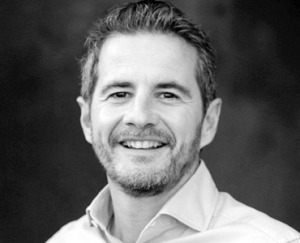
Speaker

Speaker
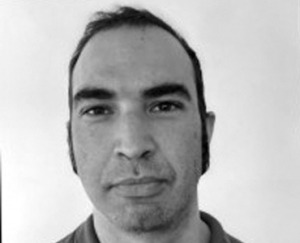
Speaker
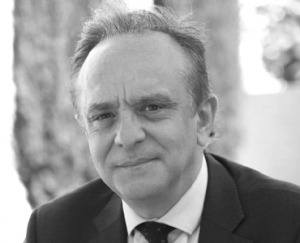
Speaker
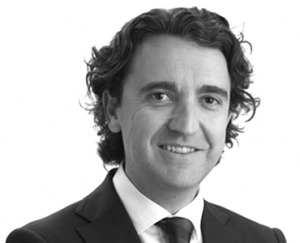
Speaker
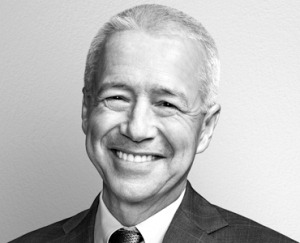
Speaker
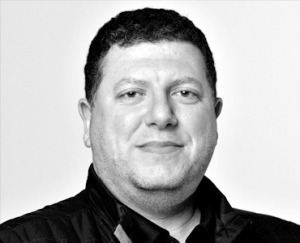
Speaker
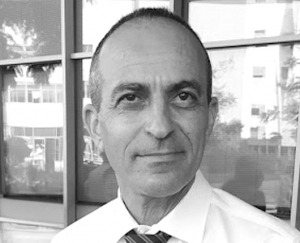
Speaker
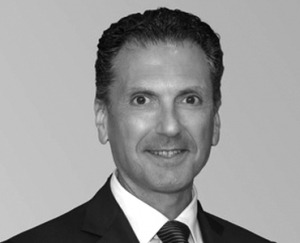
Speaker
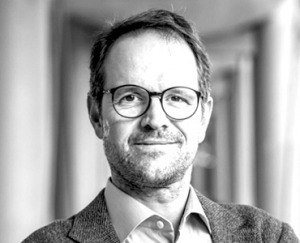
Speaker
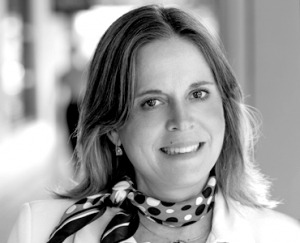
Speaker
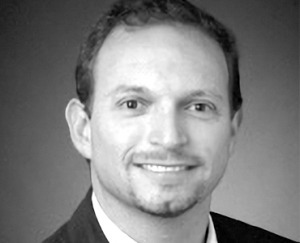
Speaker
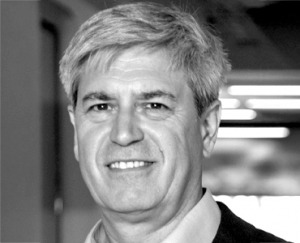
Speaker
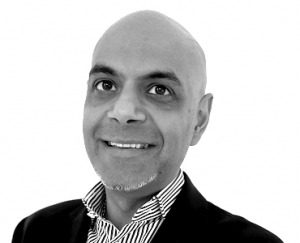
Speaker
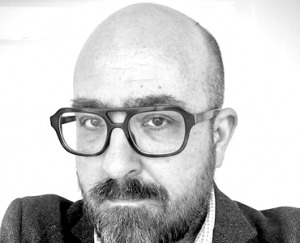
Speaker
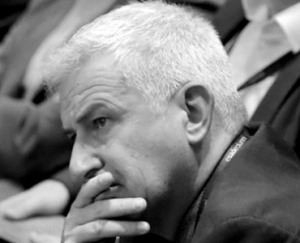
Moderator
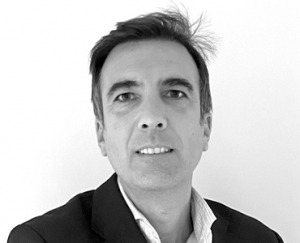
Speaker
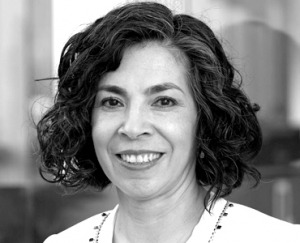
Speaker
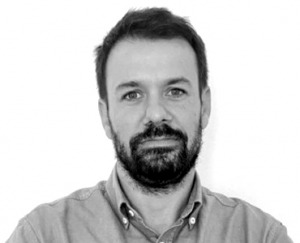
Speaker
The 31 IESE Healthcare Meeting will be held on IESE Barcelona
The fees for this meeting:
On Campus: € 1,000
Online: € 400
On Campus: € 900
Online: € 400
On Campus: € 700
Online: Free
PAYMENT MUST BE MADE PRIOR TO PROGRAM ATTENDANCE
We know that knowledge and networking are key to open new doors.
This meeting is a unique opportunity to share ideas, connect with industry leaders
and explore trends that are transforming the world of Healthcare
DON’T BE LEFT OUT
If this is your case, write to Claudia Escobar (cescobar@iese.edu) and tell us about your case
2024 · Healthcare 2030. Envisioning the next decade
2023 · Home is the new hospital
2022 · Byte-Medicine: the revolution of the convergence of technology and medicine
2021 · Life sciences: the engine for the recovery after COVID-19
2019 · Rising to the Challenge: Healthcare First
2018 · Working for a healthy society
2017 · Building a Sustainable Healthcare Model
2016 · Towards Value-Based Healthcare
2015 · Innovation for the New Healthcare Era
2014 · Propelling Change
2013 · Making Patient-Centric Care Happen
2012 · Value Creation and Value Sharing
2011 · Toward a Change of Model
2010 · The Healthcare Industry in 2020
2009 · Toward a New Model of Industry (Pharma) / Recognizing Value (Healthcare)
2008 · Betting on the Sector (Pharma) / Innovating With Responsibility (Healthcare)
2007 · The Global Opportunity
2006 · Contributing More (Pharma) / The Value of Technology (Healthcare)
2005 · Healing Under Pressure
2004 · Rethinking Health
2003 · Health Technologies and the Management of Health Budgets
2002 · Key Variables for Consideration
2001 · Whither the Spanish Health System?
2000 · The Market for Medical Devices in the European Union
1999 · New Millennium, New Challenges
1998 · Health Reform in Practice: New Ways to Buy and Sell
1997 · Economic Limits of Health Since 1998
1996 · Spanish Health: Reality, Change and Adjustment
1995 · Present and Future
1994 · Building From the Crisis
At IESE Business School, our Industry Meetings are far more than events: are meeting points where innovation and business leadership converge. This year, we want to invite your business to become part of our unique experience through our Sponsorship Program.
Be part of the change
Work with us and put your brand at the forefront of the most important conversations in your industry:
#Aerospace, #Energy, #Food&Beverage, #Healthcare, #Insurance, #Mobility.
Nobel laureate Al Gore used the phrase “an inconvenient truth” in 2006 to refer to the challenge of climate change. Today, we must also consider other inconvenient truths because, if they are not addressed, we will not be able to make progress with the huge undertaking of working toward a low-carbon economy.
The location of mines of critical raw materials, the refineries where they are processed and the plants where technology goods are manufactured have suddenly become highly relevant. Along these lines, The United States’ recent Inflation Reduction Act (IRA) and current discussions in Australia on how to control the industry of critical materials processing highlight the new concerns that will certainly delay and increase the cost of the colossal transformation involved in the decarbonization of society.
However, the relevant provision of global public goods such as peace, health, food security, prosperity leading to the elimination of poverty, and decarbonization will not be possible without multilateral cooperation among sovereign states.
How should these movements be interpreted in Europe, where public opinion is so decisive when it comes to legitimizing political action? Initiative, power and the economy have always been delicate matters and the essential ingredients of any government of citizens. For these subjects with dignity, rights and obligations, the pendulum of power has always swung between the idealistic opportunity of achieving the impossible and the art of doing what is possible. Although this second option almost always lacks epic, lyrical appeal, when it is implemented with realistic ambition, it can achieve historic heights of social progress while avoiding the convulsions engendered by frustration with the unattainable. When doubts arise, finding inspiration in the nearly 30 centuries of Pharaonic Egyptian history is highly recommended.
We should therefore make a distinction between the goals (besides the necessary and urgent ones) that can be considered achievable and the ones that are unfortunately not currently achievable, either because the enabling technologies are not available (2022 update of the IEA’s Tracking Clean Energy Progress) or, as in other cases, due to the sovereign decision of states.
Having reached this point, by making use of all the technological options available, based on the principle of technology neutrality, and by working smart at a steady pace, let’s take a cold hard look at the priorities that should form part of the idealism of the possible.
22 IESE ENERGY
DISCOVER EVERYTHING YOU MISSED!
Did you miss it? Now you can relive it!
The 22 IESE Energy was a complete success, with the participation of more than 500 people
and the contribution of the most professional speakers in the sector, whose contributions
have not left us indifferent at all.
Couldn’t attend?
No worries! For the first time, we are giving you the chance to
get full access to the event recordings. You’ll be able to:
Special Offer: For a limited time, enjoy a 50% discount when purchasing full access.
Don’t miss this opportunity to catch up and experience the event as if you were there.
Use the promo code LO QUIERO.
Don’t miss out on the conversation!
TO PURCHASE AND ACCESS THE FULL CONTENT!
| 08:45-09:10 | Registration |
| 09:10-09:50 | Institutional Welcome:
• Oliverio Álvarez, Co-organizer of the Meeting, Partner responsible of Energy, Resources & Industrials, Deloitte España |
| 09:55-11:05 | The European Union’s Physical and Institutional Energy Structure: A Pending Challenge for the European Legislature
• Rodrigo Costa, Chair and CEO, REN Directed by: Oliverio Álvarez, Deloitte España |
| 11:05-11:40 | Coffee break |
| 11:45-12:45 | Energy Taxes and Parafiscal Taxation: An Orchestra Whose Instruments Are Out of Tune
• Jorge Sanz, Former general director of Energy Policy and Mines Directed by: Francisco Martín Barrios, Partner, Deloitte |
| 12:50-13:15 | How and Why the Energy Transition Will Shape the Future of Geopolitics*
• Nemesio Fernández-Cuesta, President, Energy Transition Group, Alantra Partners Directed by: Prof. Juan Luis López Cardenete, IESE Business School * Title inspired by his new book |
| 13:15-14:15 | Energy Transition, Industrial Policy and Competitiveness
• Alicia García-Herrero, Chief Economist, Asia Pacific, Natixis (online intervention) Directed by: Prof. Juan Luis López Cardenete, IESE Business School |
| 14:15-15:00 | Technology and the Decarbonization Industry: What Is Keeping Europe from Playing a Leading Role?
• Dr. Sama Bilbao y León, DG, World Nuclear Association Directed by: Prof. Edi Soler, IESE Business School |
| 15:00-16:10 | Lunch |
| 16:15-17:00 | To What Extent Does the PNIEC Constitute a Framework Agreement for Projecting the Strategic Future?
• Rafael Mateo, CEO, Acciona Energía Directed by: Oliverio Álvarez, Deloitte España |
| 17:05-17:45 | Is There an Alternative to Fossil Fuels in the Global South? Implications for Their Poverty Reduction Processes
• Luis Atienza, President, Argo Capital Group Directed by: Prof. Massimo Maoret, IESE Business School |
| 17:45-18:10 | Coffee break |
| 18:10-19:00 | The Principles of Predictability, Simplicity and Trust: The Role of the State in the Energy Transition as a Regulator, Facilitator and Arbiter
• Manuel García Cobaleda, General Counsel, Naturgy Directed by: José María Elias de Tejada, Deloitte España |
| 19:00-19:45 | Strategic Autonomy and Decarbonization
• Ana Palacio, former Foreign Affairs Minister, Spain. Visiting Professor, Georgetown University Directed by: Prof. Juan Luis López Cardenete, IESE Business School |
| 08:30-09:00 | Registration |
| 09:00-09:35 | Institutional Welcome
• Oliverio Álvarez, Deloitte España |
| 09:40-10:40 | New Energy Vectors Free of Fossil Fuels for Non-Electrifiable Demand
• Prof. Vicente Cortés Galeano, Professor and Honorary Chair, Inerco Corporation Directed by: Ana Sánchez Palacios, Deloitte España |
| 10:45-11:15 | Coffee break |
| 11:15-12:15 | Electrification as the Pivot of the Energy Transition: Why Is the New Demand Not Developing?
• Carmen Becerril, President, OMEL Directed by: Laureano Álvarez, Deloitte España |
| 12:15-13:15 | Digitalization, Productivity and Decarbonization: Shortage of Safe, Clean and Affordable Energy
• Manuel Menéndez Menéndez, Chairman of EDP Spain, Chairman of the EDP Foundation and member of the Board of Directors of EDP Renováveis Directed by: Ana Aguilar, Chief Economist, Deloitte |
| 13:20-14:00 | Closing
• Oliverio Álvarez, Deloitte España |
Note: In case of international speakers, we provide simultaneous translation during the event.
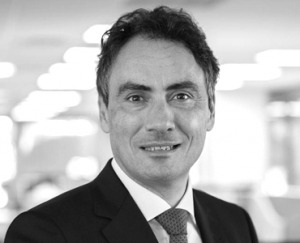
Co-organizer of the Meeting
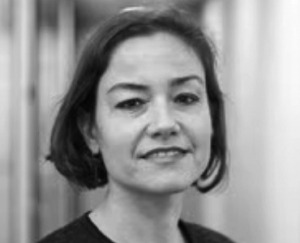
Speaker
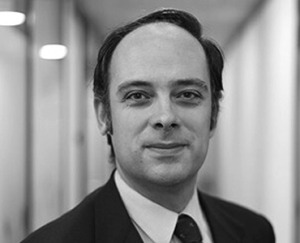
Speaker
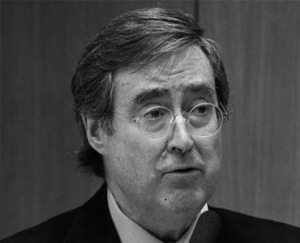
Speaker
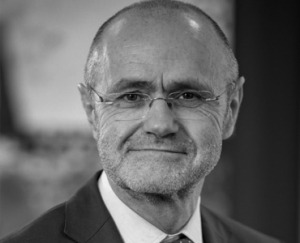
Speaker
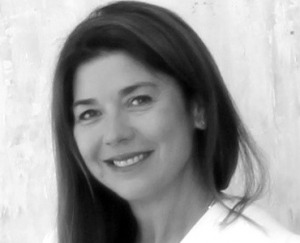
Speaker
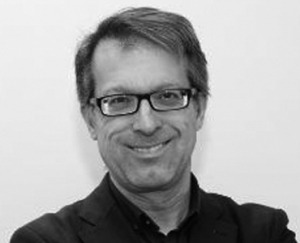
Speaker
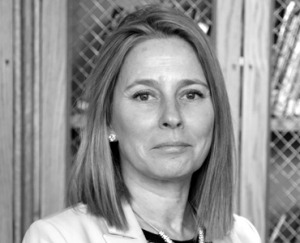
Speaker
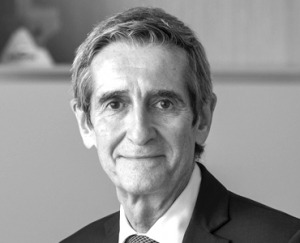
Speaker
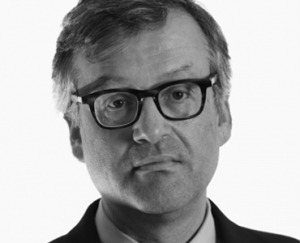
Speaker
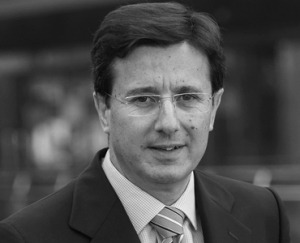
Speaker
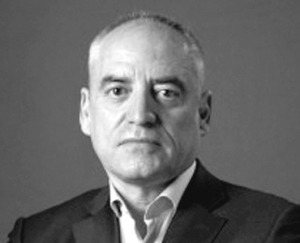
Speaker
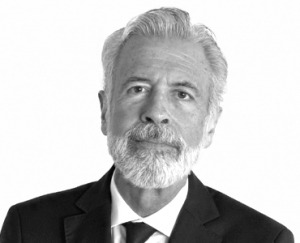
Speaker
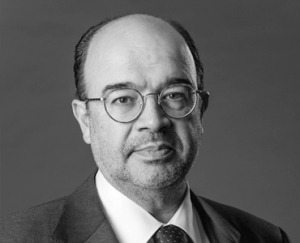
Speaker
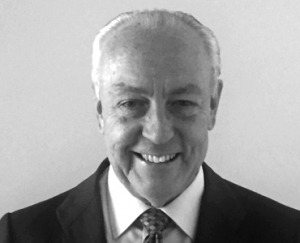
Speaker
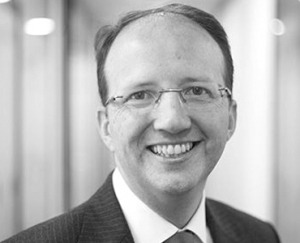
Speaker
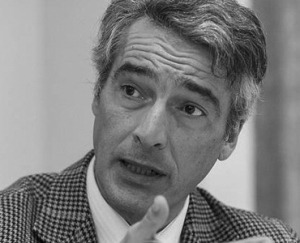
Speaker
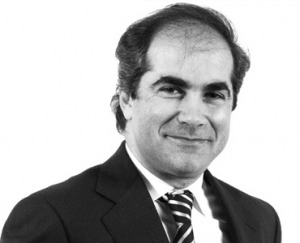
Speaker
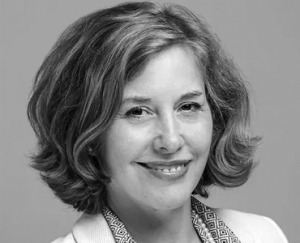
Speaker
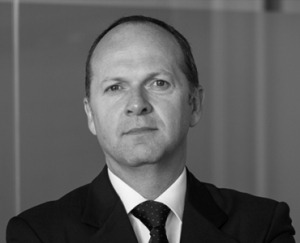
Speaker
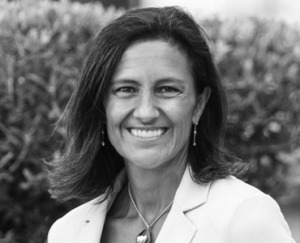
Speaker
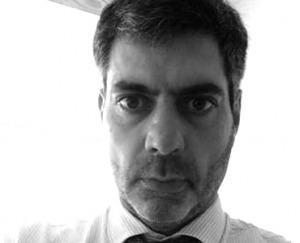
Speaker
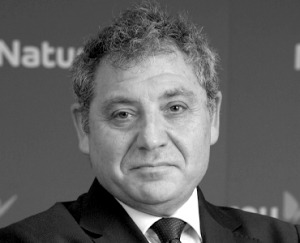
Speaker
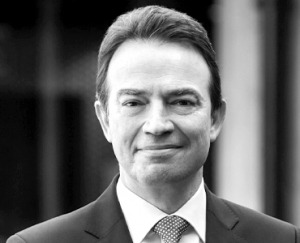
Speaker
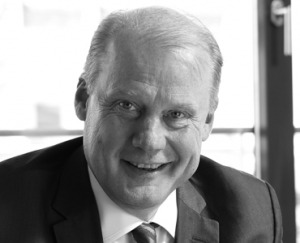
Speaker
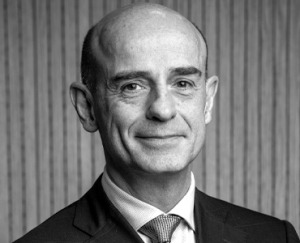
Speaker
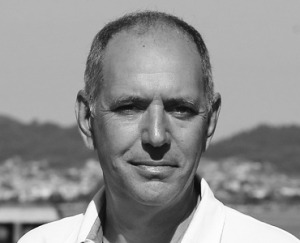
Speaker
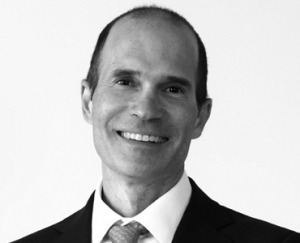
Speaker
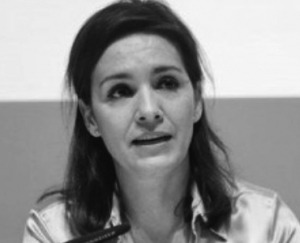
Speaker
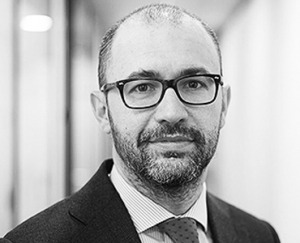
Speaker
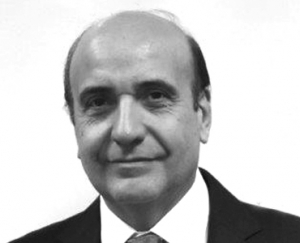
Speaker
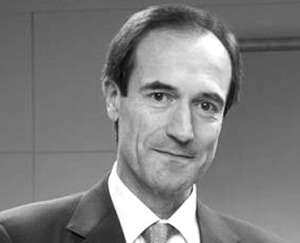
Speaker
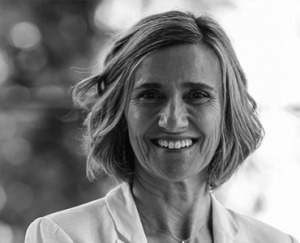
Speaker
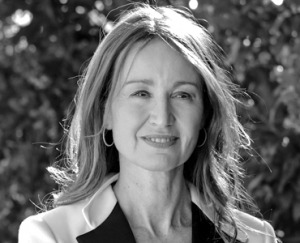
Speaker

Speaker
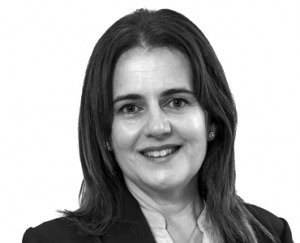
Speaker
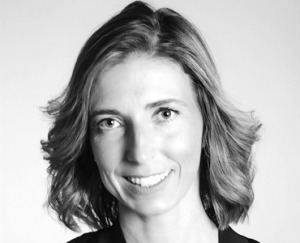
Speaker
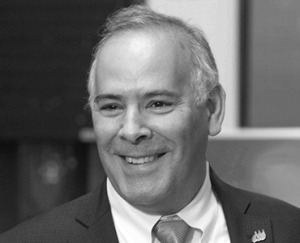
Speaker
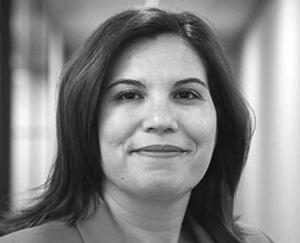
Speaker
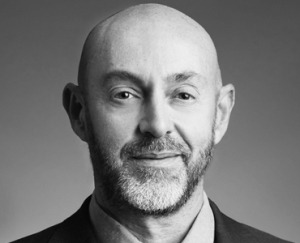
Speaker
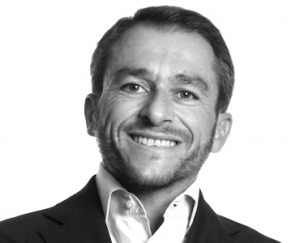
Speaker
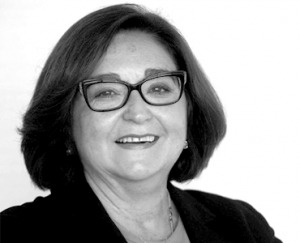
Speaker
The 22 IESE Energy Meeting will be held on IESE’s new campus in Madrid
The fees for this meeting:
On Campus: € 1,200
Online: € 400
On Campus: € 1,000
Online: € 400
On Campus: € 850
Online: Free
PAYMENT MUST BE MADE PRIOR TO PROGRAM ATTENDANCE
We know that knowledge and networking are key to open new doors.
This meeting is a unique opportunity to share ideas, connect with industry leaders
and explore trends that are transforming the world of Energy
DON’T BE LEFT OUT
If this is your case, write to Claudia Escobar (cescobar@iese.edu) and tell us about your case
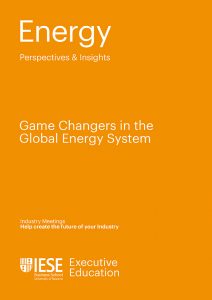
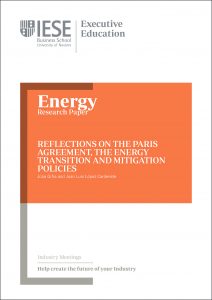
2024 · The Energy Transition: Be Idealistic! Achieve the Possible!
2023 · Let’s Save the Energy Transition – It’s in Danger!
2022 · Energy Transition: Towards a Holistic Strategy
2021 · The post-COVID Energy Transition: same goals, different policies
2020 · An Industry in Transition
2019 · Dimensions for an Effective Energy Transition
2018 · Game changers in the Global Energy System
2017 · Energy Architecture in Transition
2016 · Human Well-being, Growth and Energy Access: New Governance for a Unique Challenge
2015 · The Future of Energy: Who Calls the Shots?
2014 · Quo Vadis, Europe? Shedding Light on an Energy Policy beyond the Electrical Sector Reform
2013 · A New Energy Policy as a Global Paradigm Shift Emerges
2011 · The Impact of the Energy Policy on the Sector’s Competitiveness
2009 · A Debate on the Spanish Energy Sector
2004 · Energy Liberalization and Consolidation in Europe
2002 · A Shift Towards the Convergence of Energy Markets
2000 · Mergers and Strategic Alliances: The Creation and Conquest of the Future
Resilience and innovation have taken center stage in the real estate industry, particularly in an economic environment as challenging as today’s. Now more than ever, the ability to adapt and transform is not only an advantage, but a necessity to deal with uncertainty and seize opportunities.
The industry faces complex challenges, including sustainability, energy efficiency, new forms of investment and the use of advanced technologies that redefine the user experience. In addition, evolving user tastes and habits add their own dynamics. In this context, collaboration between professionals and academics is key to building a solid, flexible future.
At this year’s Industry Meeting, we’ll dig deep into the drivers of industry change: technological innovation, sustainability and regulation. Through a series of panel discussions and workshops featuring top-level guests, we’ll explore how the real estate industry should not merely adapt to change in this new environment, but can lead it by helping build a more dynamic, efficient and resilient market.
11 IESE Real Estate
DISCOVER EVERYTHING YOU MISSED!
Did you miss it? Now you can relive it!
The 11 IESE Real Estate Meeting marked a turning point in the real estate sector.
With over 425 participants and 25 speakers, industry leaders, experts, and professionals shared
their insights on the most relevant topics.
Couldn’t attend?
No worries! For the first time, we are giving you the chance to
get full access to the event recordings. You’ll be able to:
Special Offer: For a limited time, enjoy a 50% discount when purchasing full access.
Don’t miss this opportunity to catch up and experience the event as if you were there.
Use the promo code LO QUIERO.
Don’t miss out on the conversation!
TO PURCHASE AND ACCESS THE FULL CONTENT!
| 08:30-09:00 | Registration |
| 09:00-09:10 | Opening
• Prof. José Luis Suárez, Co-Academic Director of the Meeting, IESE Business School |
| 09:15-10:05 | Residential: New Trends and Social Impact in Living/Residential: Where Are We? How Can We Meet Social Demand?
This session will explore emerging trends in the residential sector and their impact on society, and will analyze strategies to adapt and respond to current and future needs of the population. We’ll delve into the ways that changing demographics and lifestyles, as well as new expectations of sustainability and affordability are redefining the housing market. We’ll also address the challenges and opportunities for developing residential spaces that promote well-being, inclusion and efficiency in a constantly changing urban environment. • Marta Cladera, Managing Director, Head of Portfolio Management Europe, Housing and Alternatives, Nuveen Real Estate Moderator: Prof. José Luis Suárez, IESE Business School |
| 10:10-10:30 | The Impact of Improvements in Energy Efficiency on Housing Prices
Prof. Vergara will present an academic study based on data from millions of energy efficiency certificates of residential housing, and he’ll analyze their relationship with the final price of the residence. This study is being carried out in collaboration with Tinsa by Accumin. • Prof. Carles Vergara, IESE Business School |
| 10:35-10:55 | Anniversary Special: 30 Years of Driving the Present and Future of Real Estate at IESE |
| 11:00-11:25 | Coffee Break |
| 11:30-12:00 | Interview: Experiences of Innovation, Growth and Resilience in the Real Estate Sector
• Fernando Encinar, Co-Founder and CMO, Idealista Moderator: Susana Rodríguez, Chief Commercial Officer, Savills España |
| 12:05-12:55 | Sustainability and Technology as Drivers of Innovation
This session will address how sustainability and technology have become key drivers of innovation in the real estate industry. We’ll discuss how adopting advanced technologies such as digitalization and artificial intelligence, coupled with a deep commitment to sustainability, is transforming business models and creating new opportunities. We’ll explore success stories and strategies that show how these two elements can be combined to develop more efficient and resilient real estate projects that are aligned with environmental and social impact targets. • Stanley Fourteau, Co-Founder and CEO, Ukio Moderator: Prof. Carles Vergara, IESE Business School |
| 13:00-13:50 | Regulation: Challenges and Opportunities in a Context of Transformation
This session will analyze the crucial role of regulation in an ever-changing real estate environment by exploring the challenges and opportunities it presents. We’ll examine how current and future regulations impact project development, investment and sustainability in the industry. We’ll also discuss how the regulatory framework is adapting to new market realities and social needs, as well as the implications for key industry players. • Rafael Fernández Villaverde, Managing Director, Greystar Real Estate Partners Moderator: Prof. José Luis Suárez, IESE Business School |
| 14:00-14:40 | Workshops
On-campus participants will be divided into two groups to discuss different agenda items. You’ll be able to indicate your workshop preference when you register. You can also inform us if you don’t want to participate. Groups will be organized on a first-come, first-served basis in terms of seating capacity to encourage active participation of attendees. The topics to be discussed are: 1. How Technological Innovation Drives the Real Estate Industry Until now, it was said that the real estate industry was lagging behind other industries in terms of the implementation of technology. That may have been true before, but the gap is now narrowing. It’s becoming more and more common to see different technological advances such as artificial intelligence being implemented in real estate companies. Furthermore, many technology firms are entering the real estate industry to take advantage of the margin of the most profitable operations and using technology to ease the friction generated by real estate activity. • Juan Antonio Gómez-Pintado, Chair, Vía Ágora Moderator: Prof. José Luis Suárez, IESE Business School 2. Investment Strategies in the Real Estate Market Investment strategies are changing in the real estate industry. How the evolution of interest rates will affect prices is still unclear (the spreads or differences between buyers’ and sellers’ prices are still wide) and the emergence of new industries and products (e.g., data centers, well-being services) have forced investors to develop new strategies and new financing schemes (such as the inclusion of direct lending. • Eduardo Bóveda, Managing Director, Victoria Asset Management Moderator: Prof. Carles Vergara, IESE Business School |
| 14:45-15:45 | Lunch and appetizers |
| 15:55-16:45 | Financial Outlook in a Challenging Environment: Are We Heading Toward a More Stable Financial Setting? How Will It Affect Value and Financial Transactions?
We’ll explore financial perspectives in a context of uncertainty and change by deciding if we’re moving toward greater stability or whether risk factors are here to stay. We’ll analyze how the current economic outlook, with its market volatility and inflation, affects real estate value and financial transactions. The panelists will discuss strategies and opportunities to seize opportunities, mitigate risks, adapt to market fluctuations and find stability in a complex financial environment. • Daniel Caballero, Director of Real Estate Business and Developers, CaixaBank Moderator: Susana Rodríguez, Chief Commercial Officer and Executive Director Head of Living, Savills España |
| 16:50-17:40 | Hospitality: How Is It Evolving? Is It the Safest and Most Profitable Segment of the Real Estate Industry?
This session will address the evolution of the hotel and tourism industry, which has experienced an incredible boom in the real estate market. We’ll analyze the dynamics driving this segment, including the increase in tourism demand and new trends in experiences and services. We’ll try to decide whether hospitality currently represents the safest and most profitable segment in real estate by exploring the opportunities and challenges it poses, as well as the strategies that key players are adopting to maximize value in this expanding environment. • Javier Faus, Chair, Meridia Moderator: Belén Dávila, Directora Grandes Cuentas, Tinsa by Accumin España |
| 17:45 | Closing |
Note: In case of international speakers, we provide simultaneous translation during the event.
On-campus participants will be distributed in two groups that will debate two topics of the program. When registering, you can indicate your workshop preference. The organization will assign participants to the groups in order of registration based on the capacity limit. The conclusions of each workshop group will be presented to all participants in the final phase of the workshop.
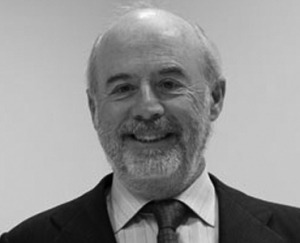
Speaker
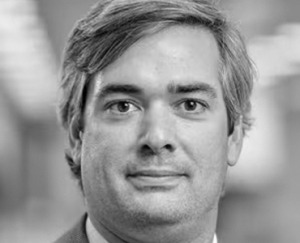
Speaker
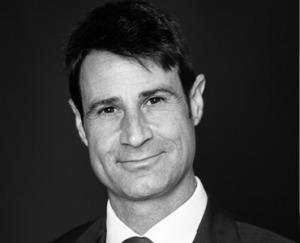
Speaker
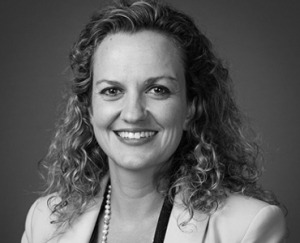
Speaker
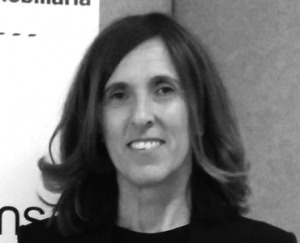
Moderator
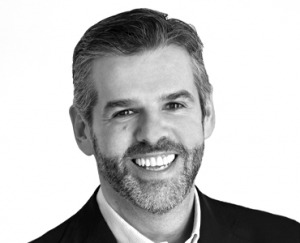
Speaker
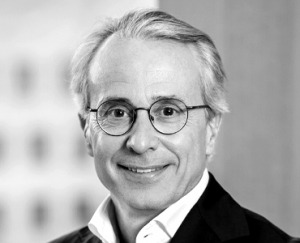
Speaker
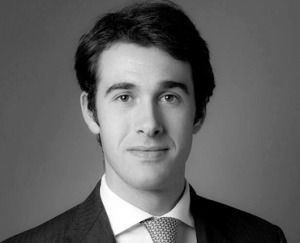
Speaker
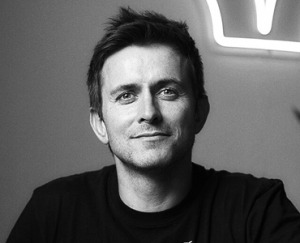
Speaker
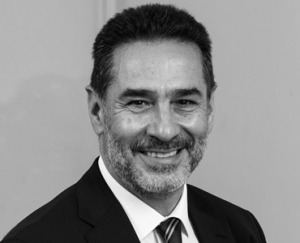
Speaker
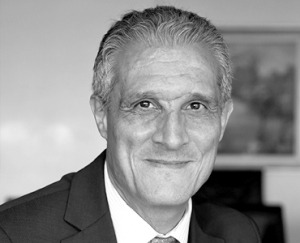
Speaker
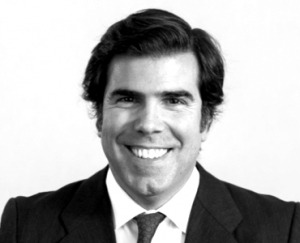
Speaker
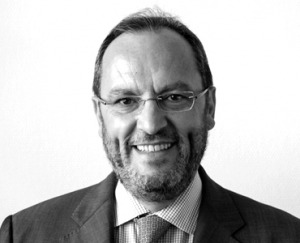
Speaker
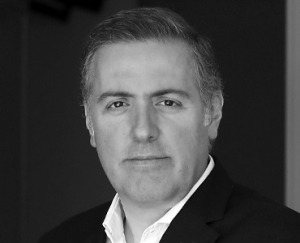
Speaker
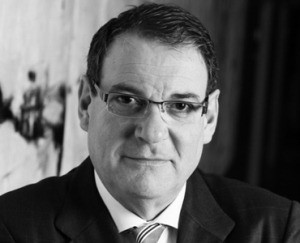
Speaker
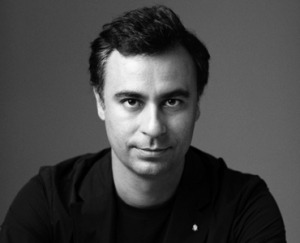
Speaker
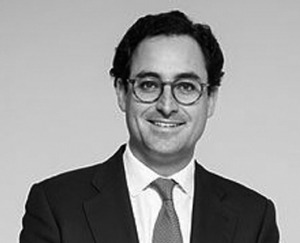
Speaker
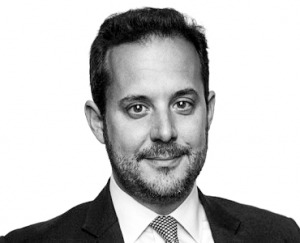
Speaker
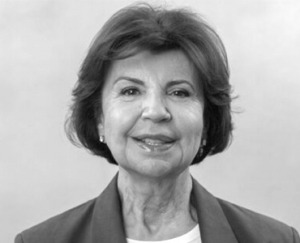
Speaker
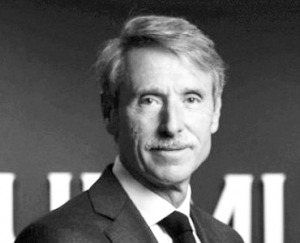
Speaker
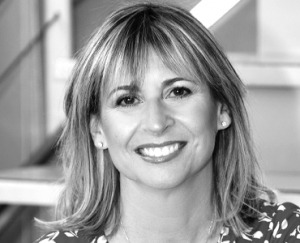
Speaker
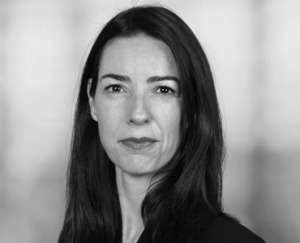
Moderator
The 11 Real Estate Meeting will be held on IESE’s new campus in Madrid
The fees for this meeting:
On Campus: € 1,000
Online: € 400
On Campus: € 900
Online: € 400
On Campus: € 700
Online: Free
PAYMENT MUST BE MADE PRIOR TO PROGRAM ATTENDANCE
We know that knowledge and networking are key to open new doors.
This meeting is a unique opportunity to share ideas, connect with industry leaders
and explore trends that are transforming the world of Real Estate
DON’T BE LEFT OUT
If this is your case, write to Claudia Escobar (cescobar@iese.edu) and tell us about your case
2024 · Innovating toward a Flexible and Dynamic Future
2023 · Real Estate: winning strategies in uncertain times
2022 · Building social sustainability
2021 · The art of evolving
2020 · Real Estate in a Changing Society
2019 · The New Normal in Real Estate
2018 · Where Are We in the Real Estate Cycle
2017 · Real Estate and Society
2016 · The Renovation of the Real Estate Industry in Spain
A series of top-level conversations on the economic, technical and scientific conditions anticipated in the future of the energy industry.
Energy Prospectives will bring together world figures recognized for their experience, vision and knowledge of the energy industry so they can share their expertise with business owners, regulators, senior managers and academics.
Don’t miss the video with the most relevant contributions and reflections from the previous edition. See video
Simultaneous translation in English and Spanish in all sessions.
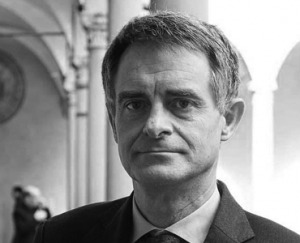
Speaker
Economist specializing in energy policy, regulation, and market design, with a focus on European markets, he served as the first Director of the EU Agency for the Cooperation of Energy Regulators (ACER) from 2010 to 2019. His career includes work with consultancy firms and regulatory bodies, such as the Italian Energy Regulatory Authority, where he led the regulation of the electricity sector and served as CEO of the Italian Electricity Market Operator. From 2006 to 2010, he was a partner at Mercados EMI, an international consultancy specializing in energy markets.
At present, he is the Executive Deputy Director of the World of Practice at the Florence School of Regulation and actively leads the “Regulatory Policy Workshop Series” focusing on the most relevant aspects of the energy sector.
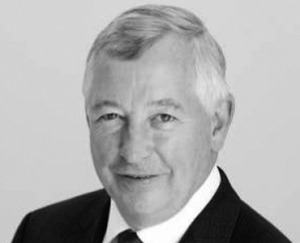
Speaker
Professor and Founding Chair of the Policy Institute at King’s College London, he previously served as Vice President of BP’s Strategy and Policy Development Group, and later as Senior Policy Adviser to British Prime Minister Gordon Brown.
As an economist specializing in energy, he focuses on the economic and political dimensions of the energy transition. Currently, he advises on energy policy at the Cavendish Laboratory in Cambridge and the Faraday Institution, which was established by the UK government to advance energy storage technologies. He also contributes to the Financial Times, the Nikkei Asian Review, and Prospect magazine.
On Campus – IESE Madrid
Claudia Escobar
cescobar@iese.edu
IESE Industry Meetings
tel: +34 93 253 43 36



ANDRIS PIEBALGS

JORGE PADILLA

CHRISTOPHER JONES

IGNACIO PÉREZ-ARRIAGA

MICHAEL LIEBRIECH

CLAUDIO ARANZADI
June 19, 2024 · Energy Prospectives – EP#16
April 4, 2024 · Energy Prospectives – EP#15
October 10, 2023 · Energy Prospectives – EP#14
July 5, 2023 · Energy Prospectives – EP#13
April 12, 2023 · Energy Prospectives – EP#12
November 4, 2022 · Energy Prospectives – EP#11
June 16, 2022 · Energy Prospectives – EP#10
March 17, 2022 · Energy Prospectives – EP#9
October 26, 2021 · Energy Prospectives – EP#8
June 9 de 2021 · Energy Prospectives – EP#7
March 16, 2020 · Energy Prospectives – EP#6
November 25, 2020 · Energy Prospectives – EP#5
July 14, 2020 · Energy Prospectives – EP#4
October 15, 2019 · Energy Prospectives – EP#3
June 20, 2019 · Energy Prospectives – EP#2
March 14, 2019 · Energy Prospectives – EP#1
A series of top-level conversations on the economic, technical and scientific conditions anticipated in the future of the energy industry.
Energy Prospectives will bring together world figures recognized for their experience, vision and knowledge of the energy industry so they can share their expertise with business owners, regulators, senior managers and academics.
Don’t miss the video with the most relevant contributions and reflections from the previous edition. See video
| 09:30 | OPENING
• Rafael Villaseca, President of Naturgy Foundation |
| 09:45 | GOVERNMENT AND ENERGY
A North American model • Joseph Eugene Stiglitz, Winner of the Nobel Prize in Economics, 2001 A European model • José Manuel Durão Barroso, President of the European Commission, 2004-2014 Colloquium Moderator: Prof. Jordi Gual, IESE Business School |
| 11:30 | CLOSING
• Prof. Jordi Gual, IESE Business School |
| 11:45 | Networking coffee |
Simultaneous translation in English and Spanish in all sessions.
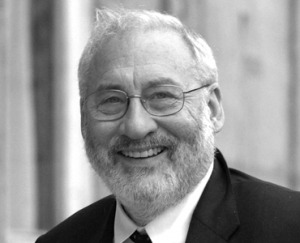
Speaker
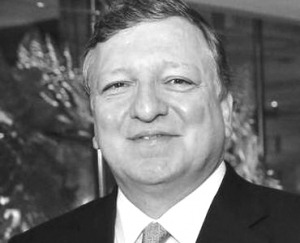
Speaker
Live Online & On Campus – IESE Madrid
Claudia Escobar
cescobar@iese.edu
IESE Industry Meetings
tel: +34 93 253 43 36
The 16 Energy Prospective will be offered simultaneously on campus, attendance only by invitation, and online.
The fees for this meeting:
Online: Free
On Campus: Exclusively by invitation
Online: Free
On Campus: Exclusively by invitation
Online: Free
On Campus: Exclusively by invitation



ANDRIS PIEBALGS

JORGE PADILLA

CHRISTOPHER JONES

IGNACIO PÉREZ-ARRIAGA

MICHAEL LIEBRIECH

CLAUDIO ARANZADI
April 4, 2024 · Energy Prospectives – EP#15
October 10, 2023 · Energy Prospectives – EP#14
July 5, 2023 · Energy Prospectives – EP#13
April 12, 2023 · Energy Prospectives – EP#12
November 4, 2022 · Energy Prospectives – EP#11
June 16, 2022 · Energy Prospectives – EP#10
March 17, 2022 · Energy Prospectives – EP#9
October 26, 2021 · Energy Prospectives – EP#8
June 9 de 2021 · Energy Prospectives – EP#7
March 16, 2020 · Energy Prospectives – EP#6
November 25, 2020 · Energy Prospectives – EP#5
July 14, 2020 · Energy Prospectives – EP#4
October 15, 2019 · Energy Prospectives – EP#3
June 20, 2019 · Energy Prospectives – EP#2
March 14, 2019 · Energy Prospectives – EP#1


